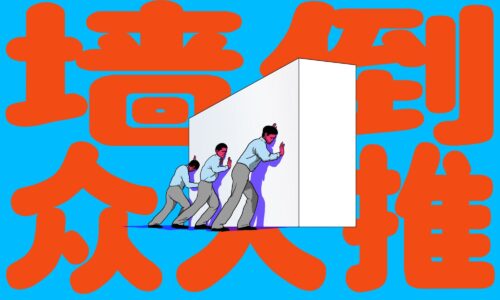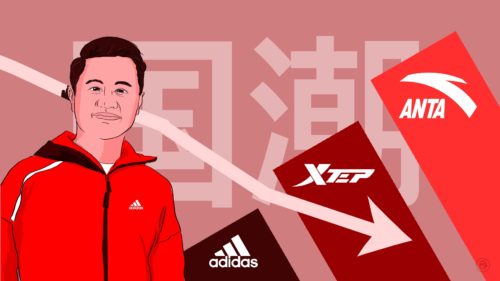Sexual misconduct and the problem with Chinese internet companies

Richard Liu (Liu Qiangdong 刘强东) is the CEO of JD, the mammoth ecommerce firm that competes with Alibaba. He was arrested on August 31 in Minnesota for alleged sexual misconduct involving a university student.
- The news was huge in China, something like if Elon Musk or Jeff Bezos were to be arrested on similar charges.
- Liu was released the following day. JD denied any wrongdoing on Liu’s part and said he was falsely accused. However, media reports say the Minnesota authorities are still calling it “an active investigation.”
- Liu has returned to Beijing and resumed leadership of the company.
- “In July, a judge in Australia rejected his request to prevent the release of his name in connection with a case in which a sexual assault was said to have taken place after a 2015 party at his Sydney penthouse,” reports the New York Times in its report on the Minnesota incident (porous paywall).
For more on the incident, see Richard Liu: 4 things to know about the talk of China on Inkstone, and Richard Liu’s Minnesota mug shots go viral on Weibo on What’s on Weibo.
One piece I recommend reading about Liu: JD CEO’s arrest steps on governance landmine by Robyn Mak on Reuters Breakingviews. Mak notes that China’s growing #MeToo movement could inspire a consumer backlash against JD, but his main argument is one that applies to all Chinese internet companies that have listed on international stock exchanges:
- It “is not entirely clear how JD might operate if Liu is detained or incapacitated for a long stretch,” which is important because Liu “controls 80 percent of the vote thanks to a feudal shareholder system that was cemented in the 2014 initial public offering.” Liu is also the chairman as well as CEO, which means there is “no obvious second-in-command or successor.”
- The problem is even worse because of VIEs — variable interest entities. Simply put, foreigners are not allowed to own Chinese tech and media companies. So when Baidu, Sina, Alibaba, Tencent, and JD went public, they placed the local operations legally under a PRC company or a PRC citizen’s complete control. The local entity or VIE then signs agreements with the internationally listed entity, which in theory means shareholders are in control.
- But because the local entities are controlled by senior executives — in JD’s case, Liu and two other executives are in charge of the VIE — if Liu disappears, there is no procedure for succession. There would be similar problems if something happened to Jack Ma 马云 and Joseph Tsai 蔡崇信 of Alibaba, Pony Ma 马化腾 of Tencent, or Robin Li 李彦宏 of Baidu.






